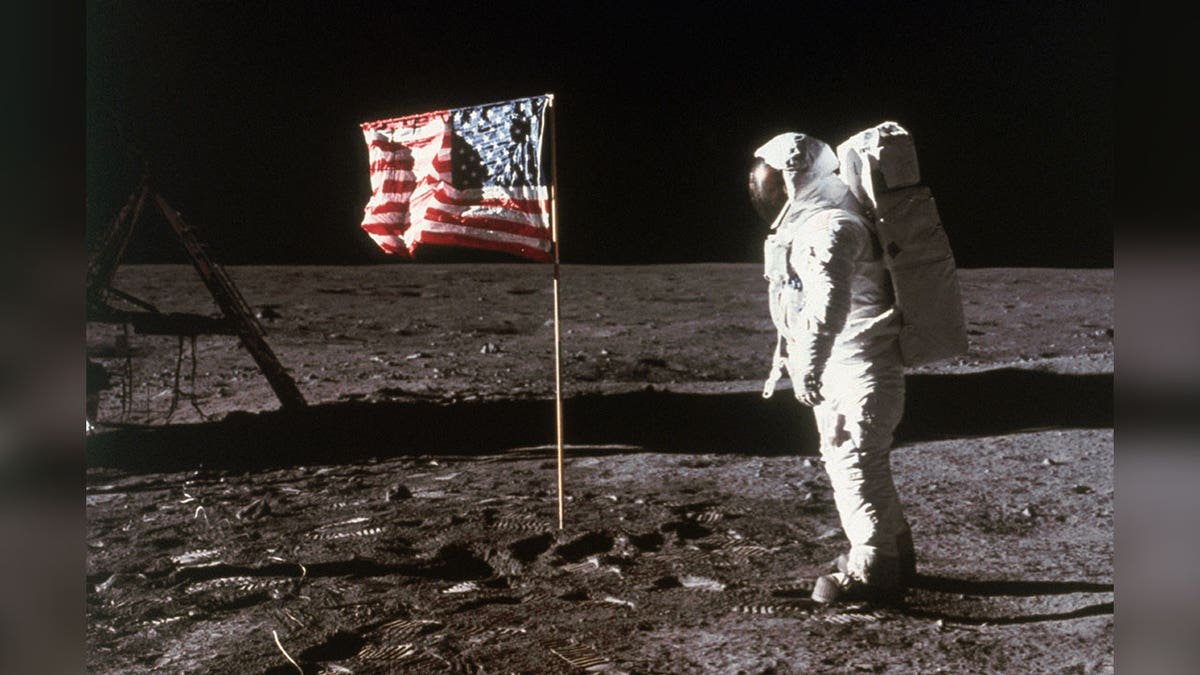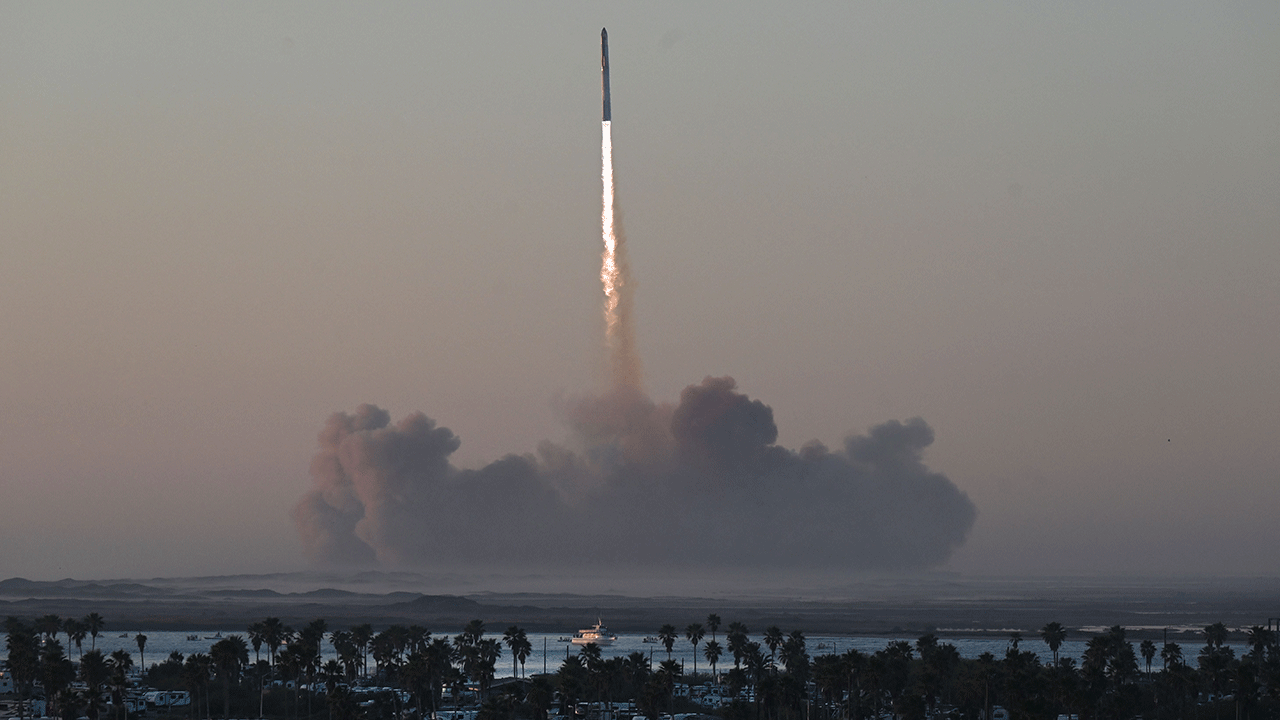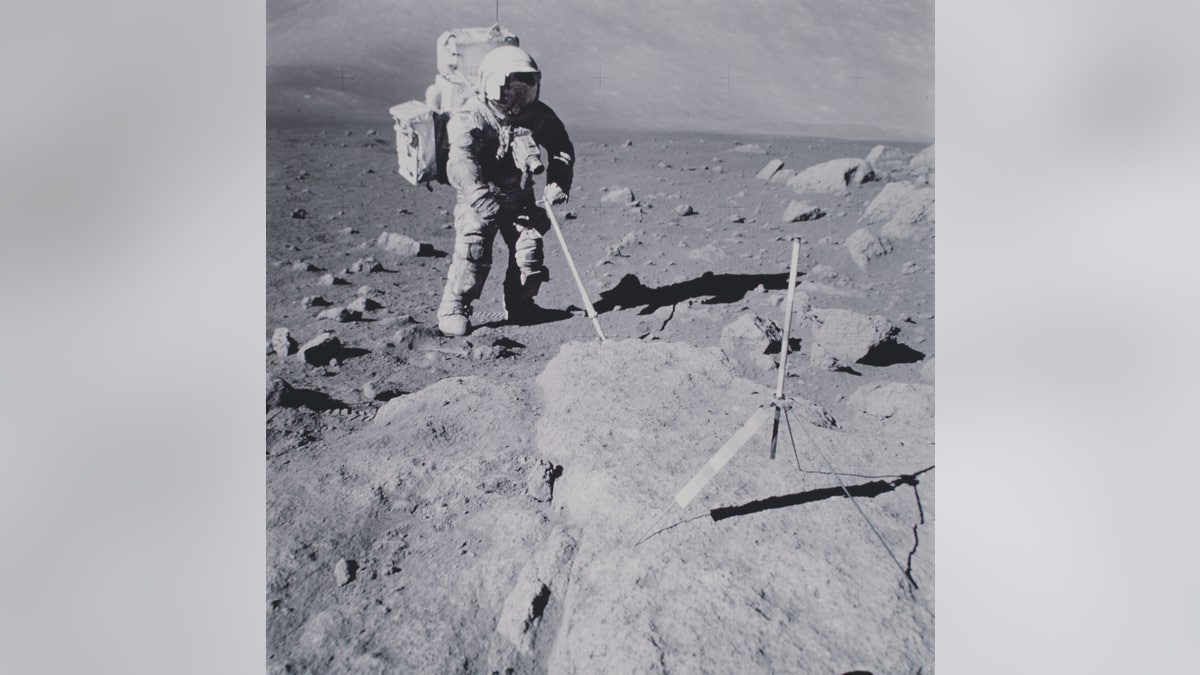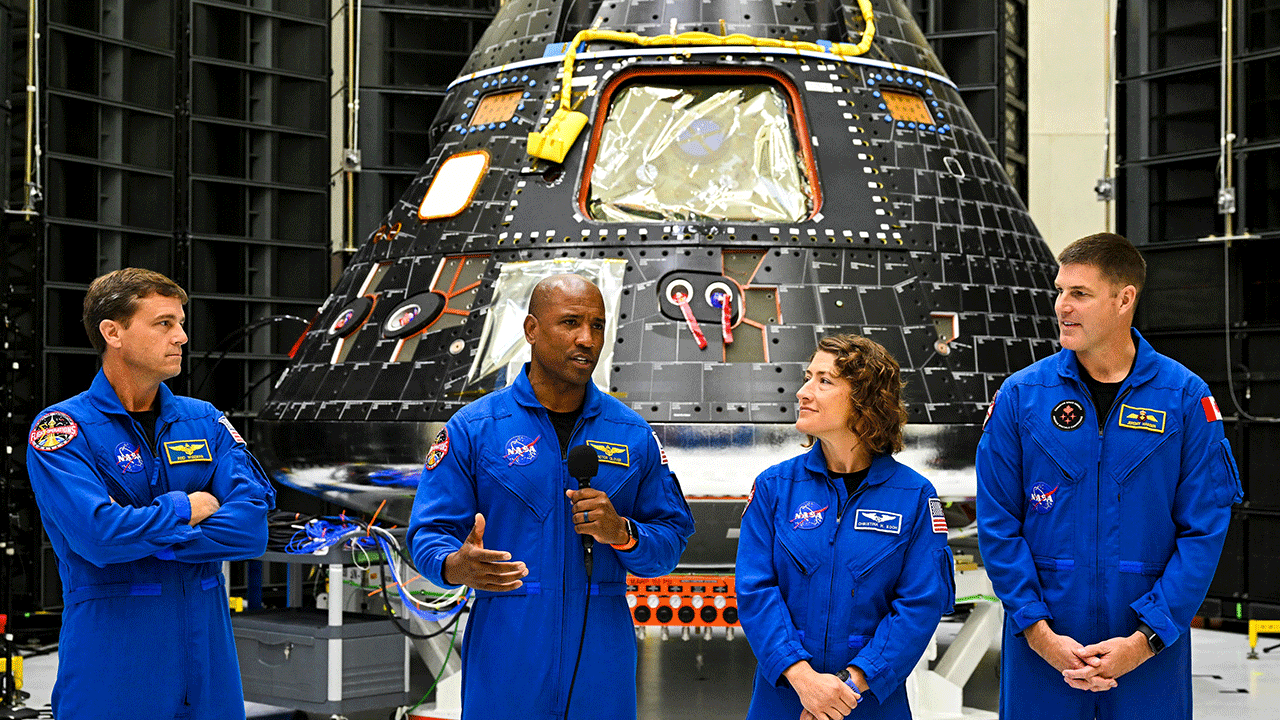Stunning video shows SpaceX Starship launch obliterate car and tree: Watch what happened
A car and a tree were hit by debris after the SpaceX Starship launch in south Texas. See the incredible video. Just minutes after blasting off, the rocket exploded.
NASA's recent announcement of Artemis mission delays means astronauts won't walk the moon again as soon as previously thought.
Astronauts were set to orbit the moon in late 2024 with the Artemis II mission.
Artemis III was scheduled for 2025, when astronauts would walk the moon for the first time since the Apollo missions of the ‘60s and early ’70s.
Failed tests and safety concerns have pushed these target dates back, with Artemis II now planned for September 2025 and Artemis III scheduled for September 2026.
Safety concerns with the spacecraft as well as issues with moonsuits and landers coming from a private industry have contributed to the delays, according to The Associated Press.

Apollo 11 marked the first time astronauts landed on the moon. (Bettmann/Contributor)
"We are returning to the moon in a way we never have before, and the safety of our astronauts is NASA’s top priority as we prepare for future Artemis missions," NASA Administrator Bill Nelson said in the organization's press release.
"We’ve learned a lot since Artemis I, and the success of these early missions relies on our commercial and international partnerships to further our reach and understanding of humanity’s place in our solar system. Artemis represents what we can accomplish as a nation – and as a global coalition. When we set our sights on what is hard, together, we can achieve what is great."
2023 SPACE STORIES: A REVIEW OF THE GIANT LEAPS MANKIND MADE IN THE PAST YEAR
SpaceX's Starship mega rocket is vital for the Artemis III mission, being the vessel that will get astronauts from lunar orbit down to the moon's surface. But neither of Starship's test launches completed the intended mission.

Starship has done two launches so far, neither of which completed their intended missions. (Timothy A. Clary/AFP via Getty Images)
The Orion spacecraft also experienced problems when an empty capsule was sent into lunar orbit in 2022 for the Artemis I flight test.
Upon its return to Earth, there were issues with the capsule's heat shield and life support concerns.
NASA's 2026 delay for a moon landing might also be too ambitious. It is possible that the missions could be delayed further.

Twelve men walked the moon as part of the Apollo missions. (Space Frontiers/Getty Images)
"We need them all to be ready and all to be successful in order for that very complicated mission to come together," said Amit Kshatriya, NASA's deputy associate administrator, according to The Associated Press.
He added that a 2026 moon landing represents "a very aggressive schedule."
The Government Accountability Office has said NASA was more than likely looking ahead to 2027 for astronauts to land on the moon.
CLICK HERE TO SIGN UP FOR OUR LIFESTYLE NEWSLETTER
The delay announcement came shortly after a failed attempt by a Pittsburgh company to land a spacecraft on the moon. That mission ended due to a fuel leak.

Four astronauts were announced in 2023 to be part of the Artemis II moon mission. (Chandan Khanna/AFP via Getty Images)
In April 2023, NASA and the Canadian Space Agency announced the astronauts who will be part of the Artemis II mission.
CLICK HERE TO GET THE FOX NEWS APP
Commander Reid Wiseman, Pilot Victor Glover, Mission Specialist 1 Christina Hammock Koch and Mission Specialist 2 Jeremy Hansen are scheduled to be aboard the space flight. The mission is expected to last ten days.
The Associated Press contributed to this report.
For more Lifestyle articles, visit www.foxnews.com/lifestyle.






















